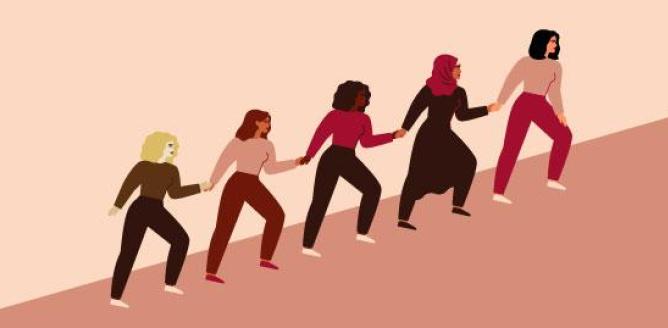Stepping down from her role as Prime Minister of New Zealand, Ardern has shown the world a new model of leadership, both in the way that she governed while in office and also in her decision to step away. With her slogan ‘be strong, be kind’, she advocated care and unity, while being decisive on challenges like the COVID pandemic and gun control. Her empathy demonstrated that there is more than one way to lead. While attributes commonly associated with leadership include confidence and strength, she talked about compassion and self-doubt.
Announcing her decision to step down last month, she cited burnout, reflecting on the challenges faced during her tenure and her ability to continue to serve the best interests of her constituents. Despite her decision reflecting a mindful and considered approach to leadership and personal well-being, the BBC published a now-redacted article with the headline “Jacinda Ardern Resigns: Can Women Really Have it All?”. This headline reinforced a harmful trope that, as NYT journalist Jessica Grose notes, expects women to “sacrifice our entire lives and our health on the altar of ambition and outward metrics of success or financial reward.” This echoes many of the double standards that Ardern faced while in office and other female leaders around the world continue to face, with cliched questions about her ability to work and parent (a subject rarely broached with male leaders), along with myriad judgements about her age, her appearance, and her partner’s decision to be a stay at home dad among others.
Much in the vein of celebrated athletes Simon Biles and Naomi Osaka’s withdrawals from key competitions to prioritise their safety and well-being, Ardern’s decision to step down from office continues to break the mould of expectations thrust upon women. What her action offers is an accessible model of inclusive leadership in which leaders recognise and communicate their limits, and respectfully set and honour boundaries.
Whilst we hope she gets some well-deserved rest, Ardern’s resignation has exposed the challenging, paradigm-shifting work ahead to tackle gender inequality. Our global economy is coming to terms with a workforce that is burning out and this too is gendered phenomenon. Deloitte research findings revealed over half of women report higher stress levels than a year ago and nearly half feel burned out. Feeling excluded, higher instances of microaggressions and workplaces harassment (particularly women who identify as racial / sexual minorities) all contribute alongside disproportionate home and caregiving responsibilities. This is a concerning trend that requires employers to centre their efforts on building workplaces that consider and accommodate the full spectrum of identities, responsibilities and emotional labour that employees have in and out of the office. This is why TWF’s suite of pipeline initiatives aim to develop inclusive leaders that recognise the multi-roles and spaces people inhabit, and why we advocate for a range of policies and work cultures that reflect this.
To boost workforce participation and promote societal well-being – both key elements of a gender equal world – institutions, organisations and people of any gender can adopt Ardern’s characteristics of empathy, showing strength while being kind, and prioritising collective and individual well-being, including one’s own.
Get in touch at Fiona.Nott@twfhk.org.





















